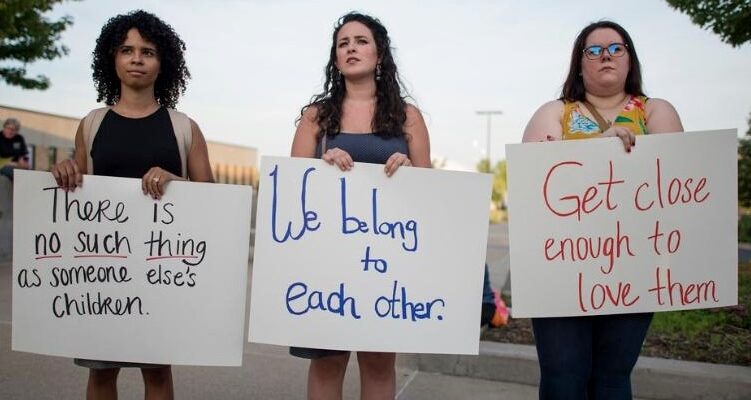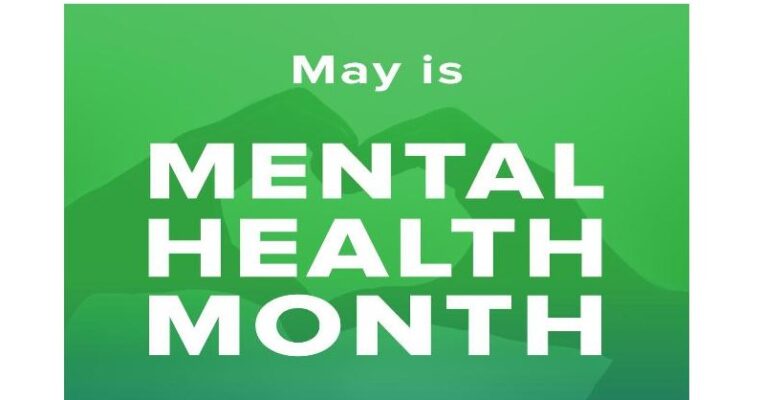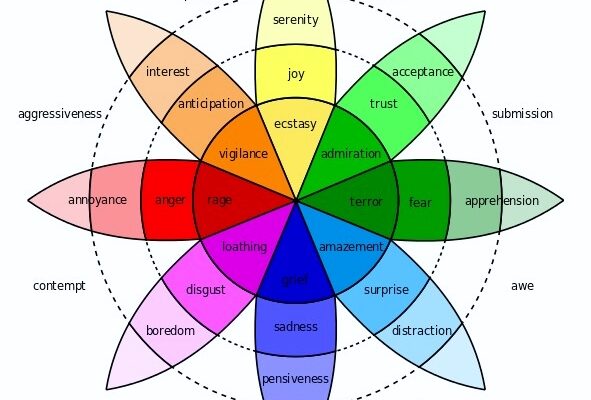Summer Activities for Better Mental Health
The lack of structure that many families experience during Summer actually can worsen anxiety. For teens, a part-time job not only teaches the importance of having a work ethic and produces income, it also helps prevent boredom. Likewise, taking additional classes and/or having an internship …









